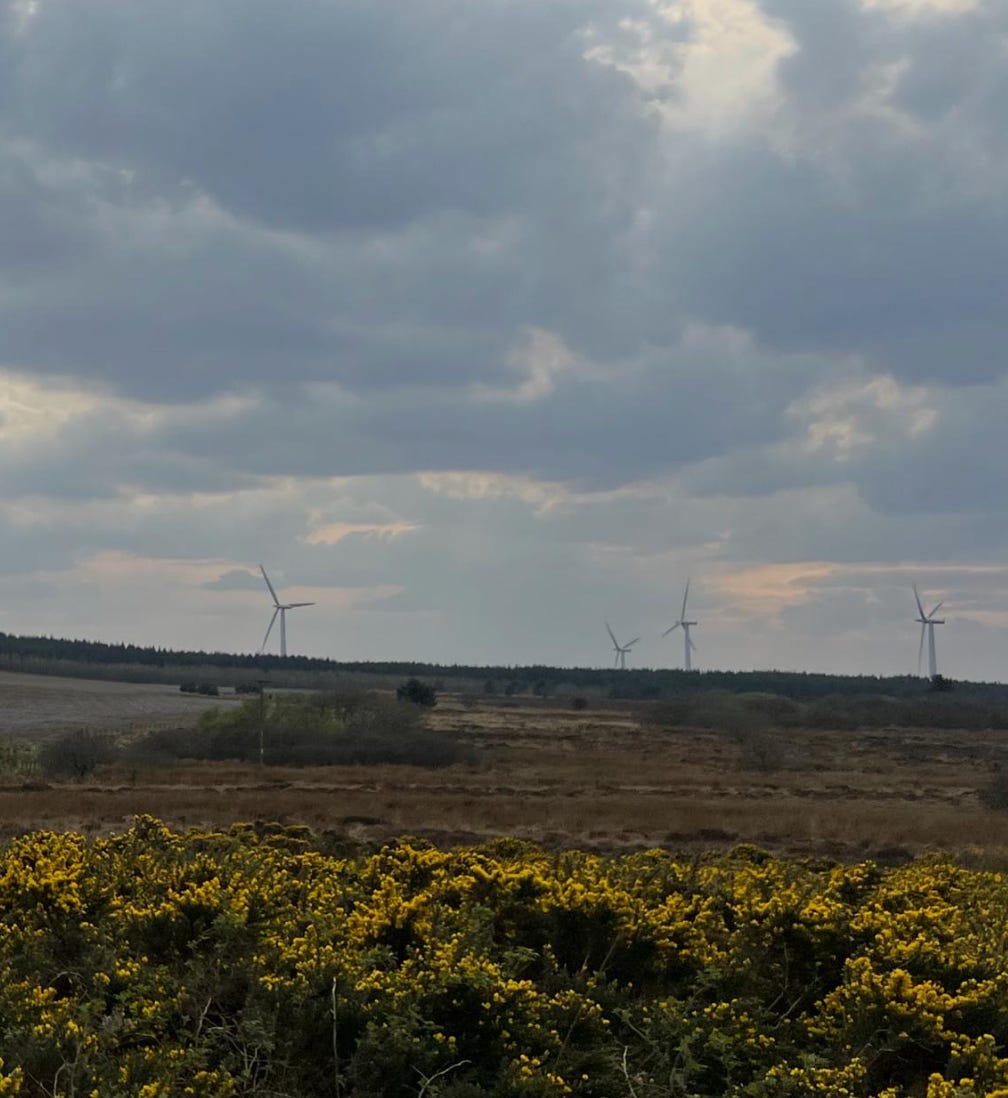Scots pay more for energy under UK system
The privatised energy network is regulated in a way that works to England's advantage
Ed Miliband the UK energy secretary has concerns over zonal pricing for energy - as in different energy tariffs in different areas of the UK. He doesn’t want it to create a ‘postcode lottery’ that would see customers in the south of England paying higher tariffs for each unit of energy than people in the north of Scotland.
That is attack line of the right-wing tabloids that set the UK’s media agenda.
It shows the usual deep ignorance and utter indifference to Scotland. There is already a ‘postcode lottery’ in place but one that disadvantages Scotland.
The average household energy bill in the Highlands and islands and the Borders outside the main cities is about £4000 a year - twice the UK average.
Many of the businesses that operate in those areas are also paying double the UK average. Restaurants, pubs, hairdressers, hotels, shops, anyone who has to provide a warm indoor space for customers and staff in the Highlands and islands outside the cities pays energy bills that are easily the highest in the world.
The UK energy pricing cap that is supposed to keep bills affordable is based on a model where people use gas to heat their homes. Most of rural Scotland doesn’t have access to the gas network and heating your home and cooking your food with electricity costs more than twice as much.
Energy poverty rates in Scotland are 31% compared to 13% in England and 7% in the Republic of Ireland.
Is this because of Net Zero? In a nutshell, no.
Scotland is very rich in renewable energy. Other countries such as those in Scandinavia which are similarly rich in renewable energy have much lower bills.
The reason that bills are so high in Scotland is because energy was privatised under the Conservative governments of the late 20th century.
That means that what the private companies that generate power charge for that power has little or nothing to with how much it costs to produce. They charge the Electricity Systems Operator the highest price they can get - that is their obligation to their shareholders.
They obviously can’t charge more than the price of gas - the ESO would just buy gas instead if it was cheaper. So that is why gas sets the price of electricity. It is an effect of the fake free market that privatisation created.
Scottish Power posted £1 billion profit in 2024
SSE posted profits of more than £2 billion in 2024
OVO which owns Scottish and Southern Energy’s service network posted £1 billion profit in 2024
Centrica which owns British Gas made £1 billion in the first half of last year
You can see that the profits that these companies generate are huge. Their profitability has risen steeply in recent years.
These companies are owned by vulture capitalists - the biggest shareholder in SSE for example is Black Rock.
Why are these companies opposed to zonal pricing?
These firms are paying the best lobbyists to argue against zonal pricing because they are quite happy with the status quo. At the moment about £2 billion of public money each year is spent on turning off turbines when it is windy.
These companies are in the position that the government complains about when it comes to people on incapacity benefits. They have come to rely on the money they get from the state and feel they can't afford to take a chance on a new direction for fear of losing the handouts. They are hooked on subsidies.
Zonal pricing would mean they got less for their energy and in order to make their business model work they would need to take a chance on increasing demand.
Scandinavian countries like Iceland and Sweden and states like California are doing that - making renewable energy cheaper in the areas where it is plentiful and attracting business. Iceland has three aluminium smelters to Scotland’s one. It is using cheap renewable energy to grow tomatoes etc.
The privatisation of the UK’s energy network has not delivered on the initial promise that companies would be happy with a reasonable return and invest the rest. They are not happy with a reasonable rate of return. They want to sweat their assets - even if that involve sucking the life out of rural Scotland.
These private companies are owned by international moneymen who don’t waste a watt on worrying that people who live within sight of their turbines can’t afford to turn the heating on.
The privatised system is regulated by Ofgem who sit in London knowing or caring very little about Scotland. The system they have created works very much to England’s advantage.
Scotland never voted for the governments that sold off the energy network. Only one other European country did this - Portugal - which has the next highest levels of fuel poverty to Scotland.
But it is dawning on Scotland’s people that their extortionate bills are not the cost of Net Zero - they are the price of the Union.
Not the cost of Net Zero, the price of the Union
Scotland’s fuel poverty rates are the highest in Europe
Scotland’s business energy bills are the highest in the world



